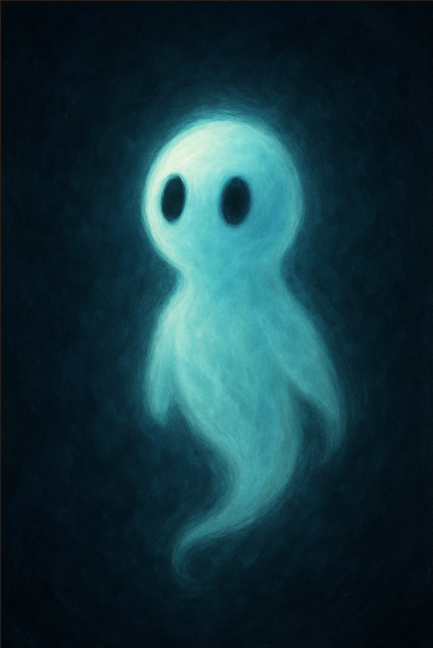Table of Contents
ToggleFirst Exploration: On The Relationship Between Ontology and Sciences
Philosophy, theology and sciences are often regarded as being markedly distinct from each other.
However, in reality, they are just different ways of discovering and attaining knowledge.
Therefore, in order to thoroughly explore the world we live in, we should use all three tools.
Science is a methodology characterized by meticulous observation of natural phenomena. Scientific experiment deals with phenomena that can be controlled and replicated.
Theology employs the concept of deity to create knowledge. Philosophy relies on human reason and subjective methods such as introspection to generate wisdom.
It is my belief that any person living in the 21st century should use all three methodologies to explore and analyze the world he or she lives in.
Second Exploration: What Is Ontology?
Ontology is a philosophical field that extensively deals with the nature of being.
For instance, who are you?
If you identify yourself as a human being, that’s a correct answer.
However, who were you before you were born?
And who will you become after you die?
This is where science stops working.
No one can, under controlled and replicable setting, come from the past to educate us about the time before birth.
Moreover, no one can, under controlled and replicable setting, come back from death to inform us about what’s ahead.
Therefore, fundamental questions of ontology cannot be answered without the help of theology and philosophy.
Third Exploration: What Are The Potential Answers To The Ontological Question?
Okay, let’s dive in to the discussion of what prominent scholars have discovered about human existence.
First, many great people recognized the importance of body. Hippocrates, born in 460BC, already recognized the central role that physique holds in maintaining human existence.
Secondly, people started to recognize the importance of mind. Great philosophers such as Descartes, Hume, Kant and Hegel appeared, all trying to create a better picture of what human mind looks like.
This philosophical movement eventually culminated in the advent of great psychological innovations initiated by Sigmund Freud, Carl Jung et cetera.
Interestingly, Carl Jung, a psychiatrist, believed in the existence of the god and postulated that every single consciousness contains the god.
Thirdly, we are now in an era where brains can be sliced into their anatomical parts and all the cells that make up the brain can be identified.
We know that a brain is composed of multiple neurons and glial cells. Neurons transmit signals using action potential and glial cells provide support to the neurons.
However, this revelation strengthened, not weaken the feasibility of spirit.
That’s because we can’t explain human experiences, also called qualia, in terms of neurons and molecular changes only.
Therefore, the current answer to the question “who am I” is, I am body + mind + spirit.
Fourth Exploration: Freud and Jung
Freud and Jung made significant discoveries by investigating the content of mind itself.
Freud explained that any human consciousness has three parts. That’s consciousness, preconsciousness and unconsciousness.
Jung also arrived at a similar conclusion and said that unconsciousness contains the god.
Freud and Jung aren’t mystic figures. Freud was a neurologist and Jung was a psychiatrist. They were properly educated scientists.
The formula I made, I = body + mind + spirit, is consistent with Freud’s division of mind into three parts.
Consciousness is about sensory and motor functions that we possess.
For instance, when we eat an apple, sweet and sour taste appears on our consciousness.
When we touch cold objects, cold sensation appears on our consciousness.
Therefore, consciousness is a body.
The content of preconsciousness can appear in consciousness, yet they are often hidden. Preconsciousness presumably includes habits, emotions and other mental aspects that silently determine the course of our action.
For instance, a man with extraordinary childhood experiences may forget the experience itself, yet still behave accordingly even after becoming an adult.
Preconsciousness corresponds to the mind.
Finally, unconsciousness is almost completely hidden, yet they do exist. This is what Carl Jung said is the house of the god. Unconsciousness therefore corresponds to the spirit.
Fifth Exploration: Spirit and Science
Many scientists negate the existence of spirit, most often because there is no way as of now to prove the existence of spirit.
However, we must note that science is not equivalent to truth.
There are three ways of studying the world, and these three methodologies are complementary to each other, not contradictory to each other.
The three ways are, as aforementioned: Philosophy, Theology and Sciences.
Science is great at dealing with observations that can be replicated and controlled. However, science can say nothing about other things.
This is where philosophy and theology can play a role. For instance, many people provide consistent account of what they have seen during the state of near death. However, science can say nothing about this subject because near death can neither be controlled nor replicated.
Therefore, the explanation of near death experiences can only be done through the incorporation of theology and philosophy.
I want to emphasize that the three ways of studying the world, which are philosophy, theology and sciences, are complementary to each other. They must be used together to discover the truth.
Ending The Post
Thanks for reading. I hope that this was an interesting read for you.
The truth belongs to no one person. It is a possession of everyone.
Other Interesting Posts
Keyword: Ontology, Ontology, Ontology, Ontology, Ontology, Ontology
